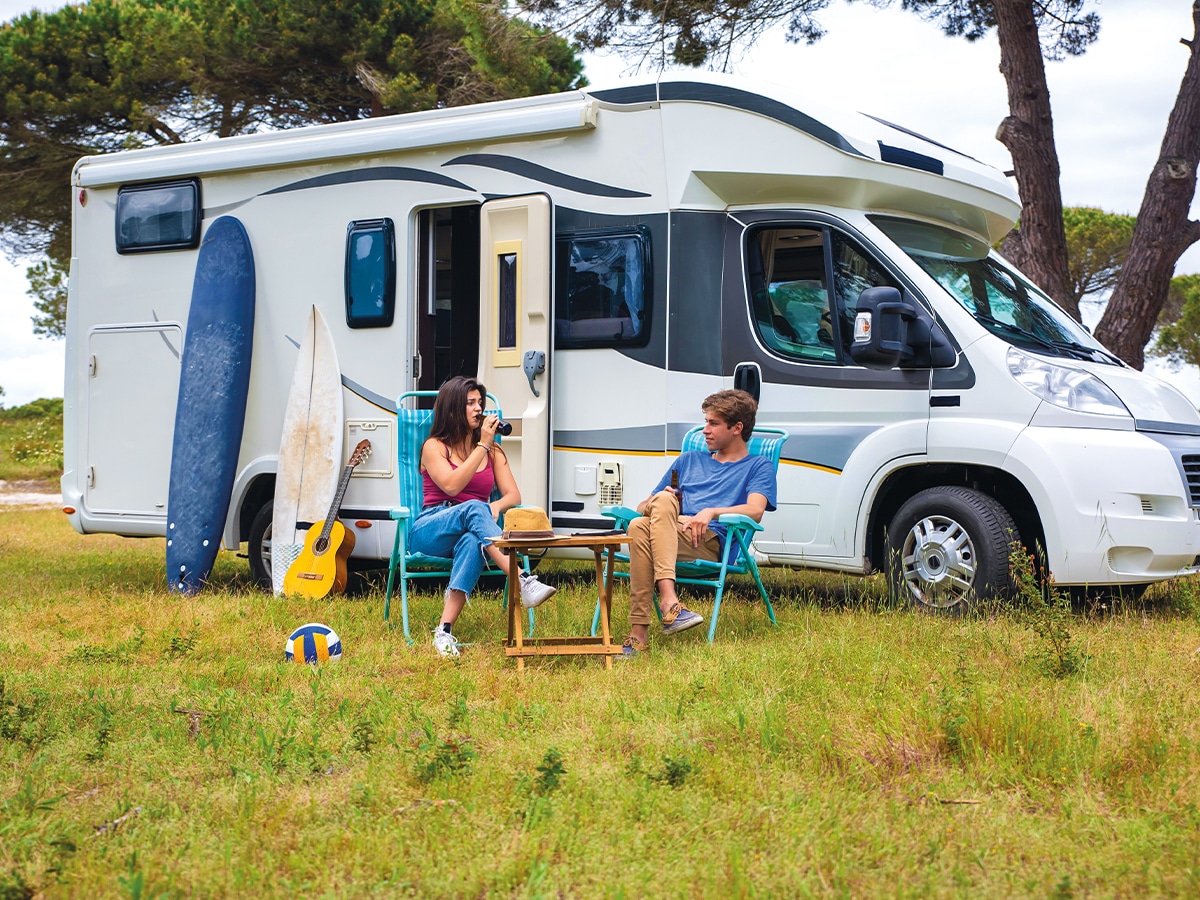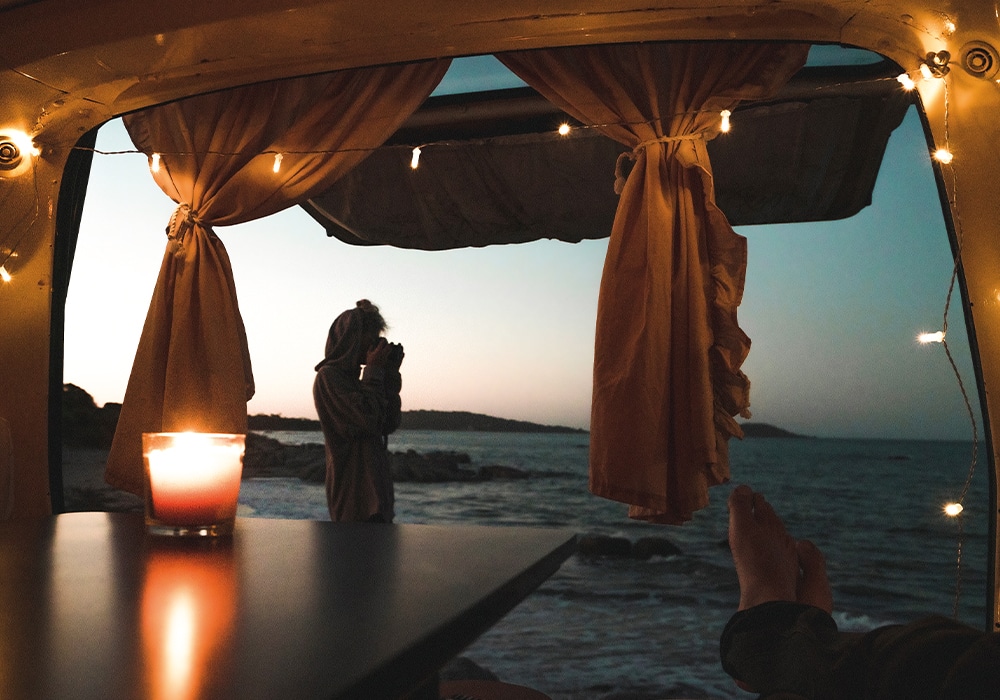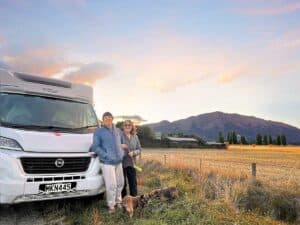Fancy the idea of taking a couple of days really away from it all? With campsites full to bursting, Liz Dobson has some helpful resources if you want to freedom camp this summer.
With campsites booked up and crowded during the summer and most of our popular beaches chocka with visitors, January is a great time to break away from the crowds and try really getting away from it all. Freedom camping, if done right, is cheaper, provides some unique views and can give you a very unique experience that can’t be gained any other way. With more than 420 recognised freedom camping sites around New Zealand, there are plenty of places you can camp safely and responsibly. Before you head off the beaten track, however, there are important steps you need to take.
Freedom camping is when you camp on public land that isn’t a recognised campground or holiday park, and there are some very important rules to follow.
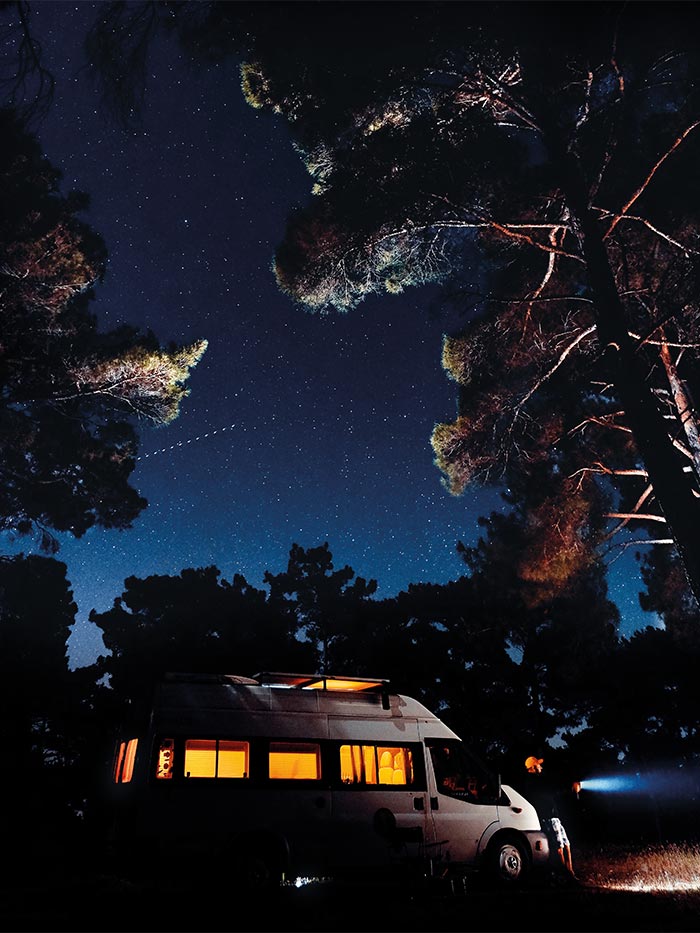
The Tiaki promise
A big part of camping in New Zealand, especially when freedom camping, is the Tiaki Promise: a shared commitment to travel safely, show care and consideration for all, and tread lightly on the land, leaving no trace. It’s in place to protect our native flora and fauna, to keep New Zealand clean and to show respect.
Self-Containment
In August 2022, new steps were introduced to address the environmental and social impact of freedom camping, and to improve its sustainability. First and foremost, your vehicle has to be certified for freedom camping. The Caravan Self Containment Certification standard stipulates that you will need to be able to live in your vehicle for three days without getting more water or dumping waste. To be self-contained, your vehicle must have at the minimum:
• A fresh drinking water storage tank.
• Non-toxic fresh water supply hose (opaque or coloured).
• A sink.
• Grey water tank with a vent.
• Three metre evacuation hose (if the grey water tank is fixed).
• A fixed toilet that can be used inside the vehicle even when the bed is fully assembled.
• A rubbish bin with a lid.
These rules are in place to encourage campers to be responsible for all their own waste, and leave each camping area as they find it.
Resources
There are plenty of good resources for motorhome owners that can give you detailed information on what you need when freedom camping. Freedomcamping.org created by Tourism Industry Aotearoa, helps you plan your off-the-grid life and has plenty of on-road tips. It also has a multitude of resources such as sites that may suit you, and how to make camping safe and enjoyable.
If you are not already a member, join The New Zealand Motor Caravan Association (NZMCA). It’s a great place to look for camping options, and their Park Over Property (POP) scheme has options for you to stay overnight on private land throughout New Zealand. The NZMCA also inspects and certifies motor caravans and caravans that belong to current financial members. If you are not a member, a plumber, gasfitter or other qualified officer can check if your vehicle meets the requirements, but this can be costly. If your vehicle passes, you will get a warrant and a blue and white sticker to display in your vehicle.
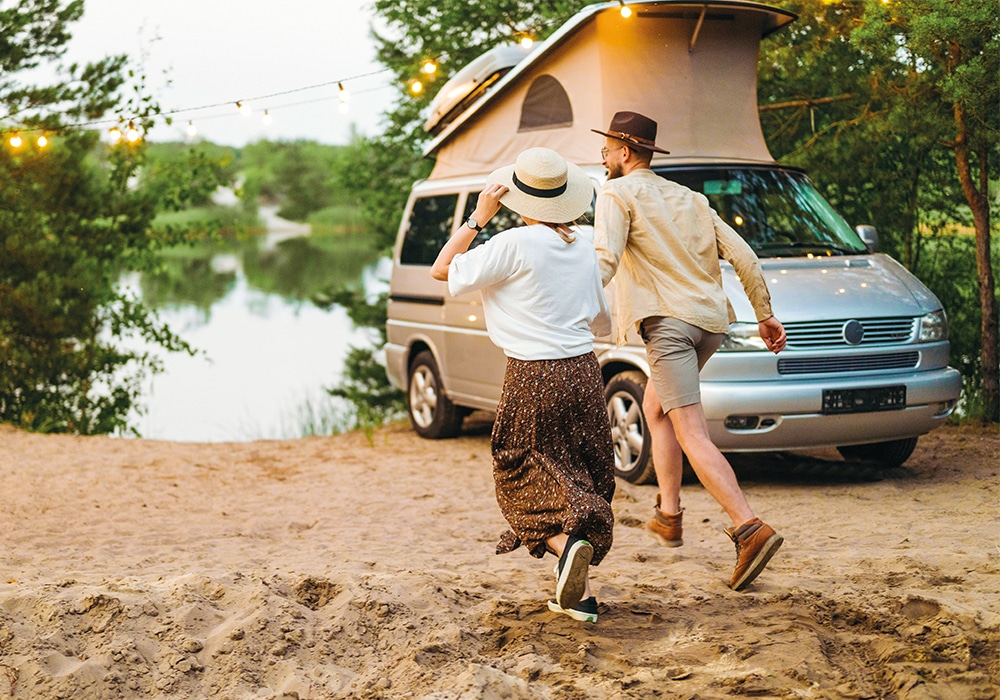
Top freedom camping tips
Facebook group FREEdom Camping NZ has more than 50,000 members. They have plenty of tips for RV owners trying off-the-grid living for the first time.
Here are the top tips:
• Know the local bylaws regarding freedom camping wherever you go (some councils enforce calendar month rules, especially during summer holidays, others prevent use of neighbouring freedom camp sites if you’ve already stayed at one of them).
• Use WikiCamps and Google the local council pages to find spots.
• Buy a 25-litre water container so you can set up somewhere amazing and not be stuck for water.
• There are water taps available for filling at some freedom camping sites, but some do not have a top on the tap. Keep a pair of pliers handy to turn the taps on to fill your tank with water.
• Whenever you boil the kettle, put the excess hot water into a thermos (to use for another cuppa or for washing dishes).
• Write down the address where you are staying and put it on your whiteboard/ fridge/blackboard so in case of emergency you know exactly where you are. Also, give the information to a family member or friend so they know your location, especially if you don’t have cellphone reception.
• Be friendly to your neighbours as you never know when you/they might need/ give a hand. And chat to locals in the area; they might give you tips for great areas to explore.
• Pick up your trash and others’.
• Be nice to the council staff who come to take down your number plate every day; make a point of saying hello, as you never know when you may need to call on them for help.
• Don’t park right next to another camper. Leave an empty carpark between vehicles if at all possible, as people like to have a bit of private space without being imposed on. This is common freedom camping etiquette.
• If your solar power is running low, switch off your main energy drainers, like your fridge, overnight. Your food will still be frozen/chilled in the morning when the sun rises again, providing a fresh boost of solar without ruining your expensive batteries.
• Introduce yourself to other campers. Share campervan stories, trade jokes, and check out the latest inverter 3000 they have installed in their rig! Meeting other travellers is great, as often they have similar ideals and camping issues.
• Apps: Gaspy will tell you where to find the cheapest fuel in your area, and Sharewaste gives you local addresses in your area of people happy to take your food scraps for their compost or to feed chickens/pigs.
• USB rechargeable everything: mosquito zapper combined lights, power banks, smaller hand mixer, fans, lamp that clamps onto anything handy for crafts or reading etc.
• Put a mini level on your dash to help with level parking up when you get to your spot.
And finally:
• Love your journey wherever you may travel.

